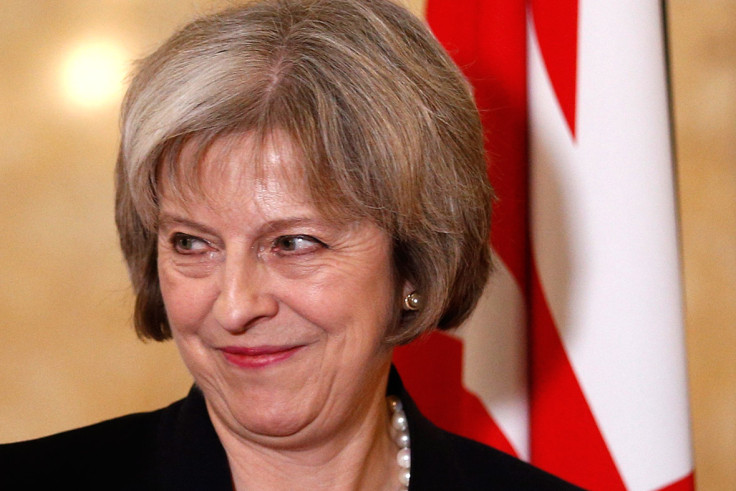EU referendum: Cameron set for Cabinet revolt over softer migrant stance

The pressure is starting to mount on Prime Minister David Cameron as he fights for EU reforms with Brussels. But that is not the only battle he faces. The Conservative leader may have an uphill task in convincing his Cabinet over the reforms as he softens his stance on migration.
Home Secretary Theresa May is believed to be sticking to her guns in having tougher measures in place to stop the abuse of current EU migration rules. She has not ruled out shifting to the Brexit campaign, causing concerns that she could refuse to back the reform deal Cameron is trying very hard to secure in Brussels this week.
May's endorsement of the EU reforms would be vital for those seeking to keep Britain in the EU. Her record in seeking to curb the number of migrants in the UK makes her endorsement of any EU reform deal important as the immigration issue is expected to take centre-stage in the EU referendum campaign.
May has been fighting Brussels to tighten rules that will effectively close the back-door route into Britain that migrants outside the EU have been using to gain residency in the country. She is pushing for similar residency restrictions currently imposed on non-EU spouses and other family members of Britons to be extended to European citizens seeking to settle families in the UK.
She is demanding the right to reject the European Court of Justice rulings that allow EU citizens to bring their families to Britain even if they are non-European nationals who are illegal residents or face deportation orders. This comes on the back of two cases that has raised the ire of the Home Office.

According to The Times, the first case goes as far back as 1992, when an ECJ ruling allowed an Indian national, Surinder Singh to establish residency in the UK even though he was under a Home Office deportation order. He circumvented the deportation order by leaving for Germany with his British wife but returned to the UK three months later under the EU free movement rules.
In the second case, a failed asylum seeker from Cameroon married a British woman and claimed Irish and British residency as a spouse of an EU national. Although Ireland refused him the right to remain, its decision was overturned by the European courts.
The Home Office believes that these ECJ rulings have encouraged sham marriages that give spouses the right of residency to the UK when under normal circumstances they would have no right to remain in the country. Any move to overturn the ECJ rulings will require a treaty change, The Times noted. The UK can only refuse spouses or families residencies in cases where there is an earlier conviction or a removal order for illegal residence.
Despite Cameron himself blaming the loophole in the law for sham marriages in the country, The Times says that he is now backing away from plugging the loophole. The newspaper said that this is due to the "tougher-than-expected" opposition from Brussels on this issue.
"One well-placed figure described it as a high-water mark in negotiations," The Times said.
© Copyright IBTimes 2025. All rights reserved.






















